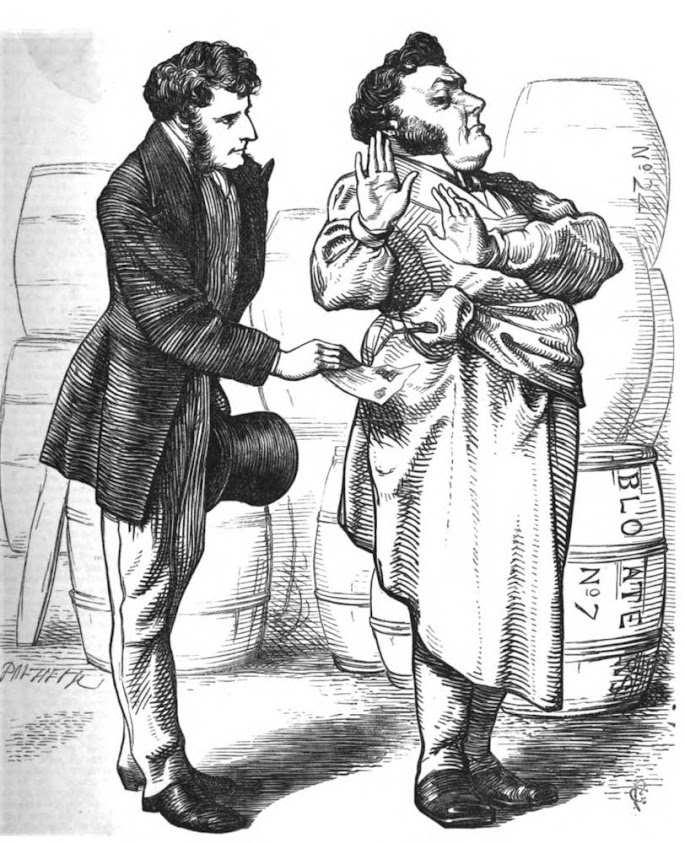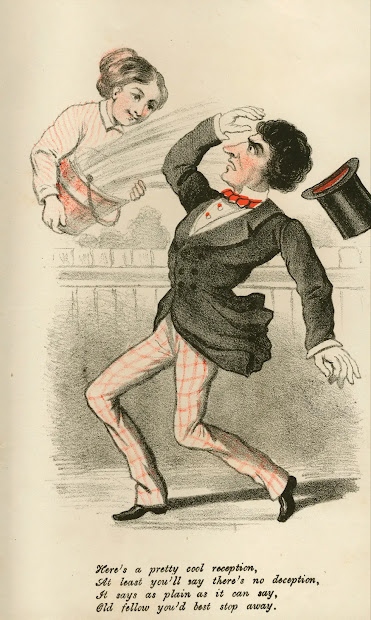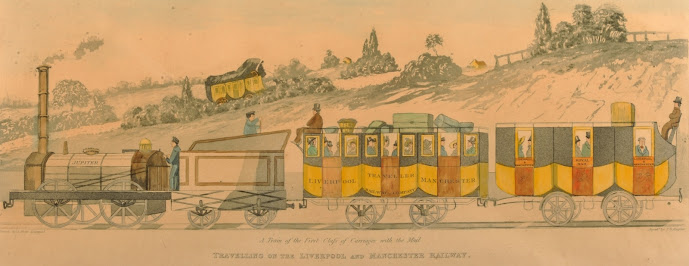Book VI: The Widow and the Wife

Chapter 54 A personal note to begin: Early in the chapter, when Dorothea says that she intends to return to Lowick after staying with Celia and Sir James, it is briefly proposed that they should go to Cheltenham (a "market town" of some size in the northern part of the Cotswolds), with Eliot opining, "at that period a man could hardly know what to propose if Cheltenham were rejected" (504). The personal connection is that I spent a week in Cheltenham in the summer of 2022. I'm not sure what it was like in 1830, but I was underwhelmed. The highlight for me was about 5 miles south, in the village of Cooper's Hill, where I had the good fortune to witness the world-famous "cheese rolling." You might not believe it if I didn't have the pictures and videos to prove it. Maybe Dorothea would have perked up for that. But let's get back to the business at hand. I love that Dorothea stands up to Mrs. Cadwallader, who describes sanity as "call[


